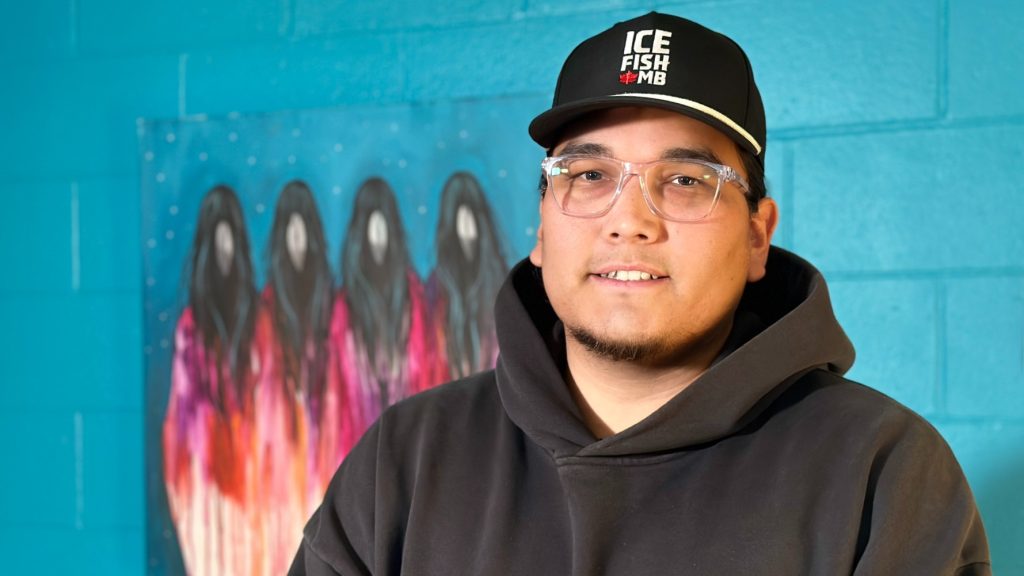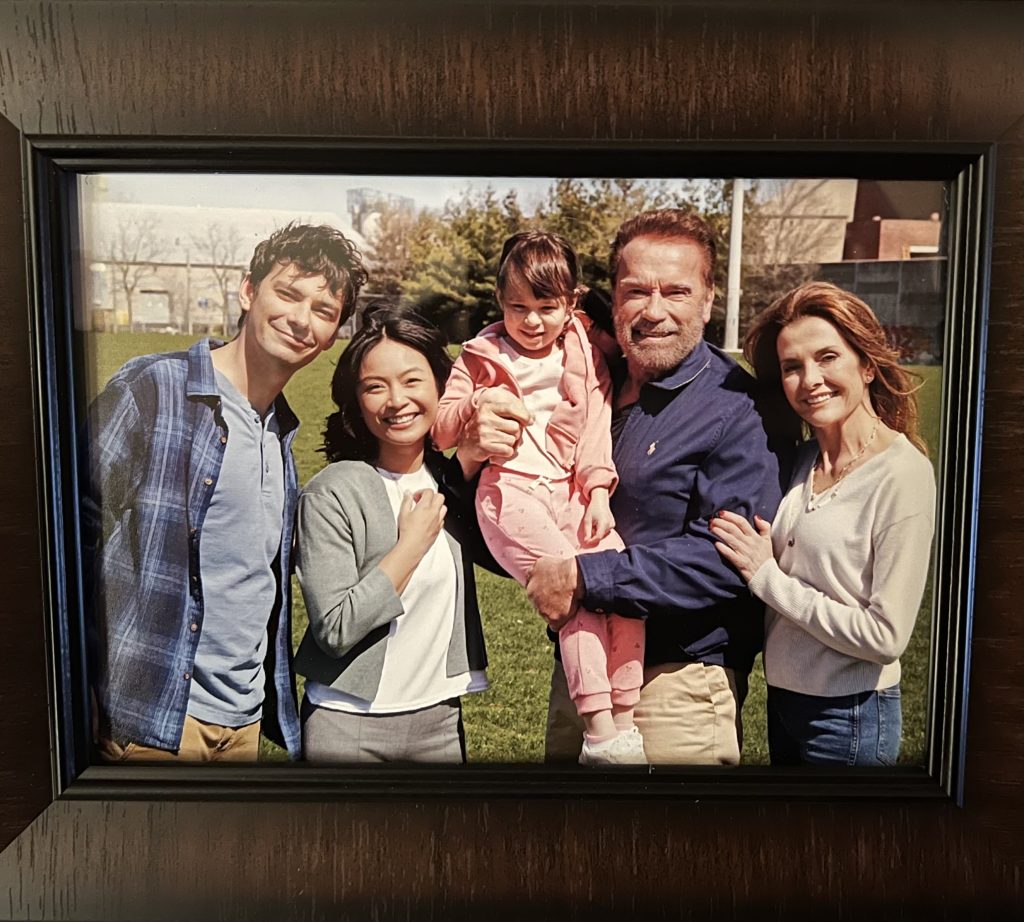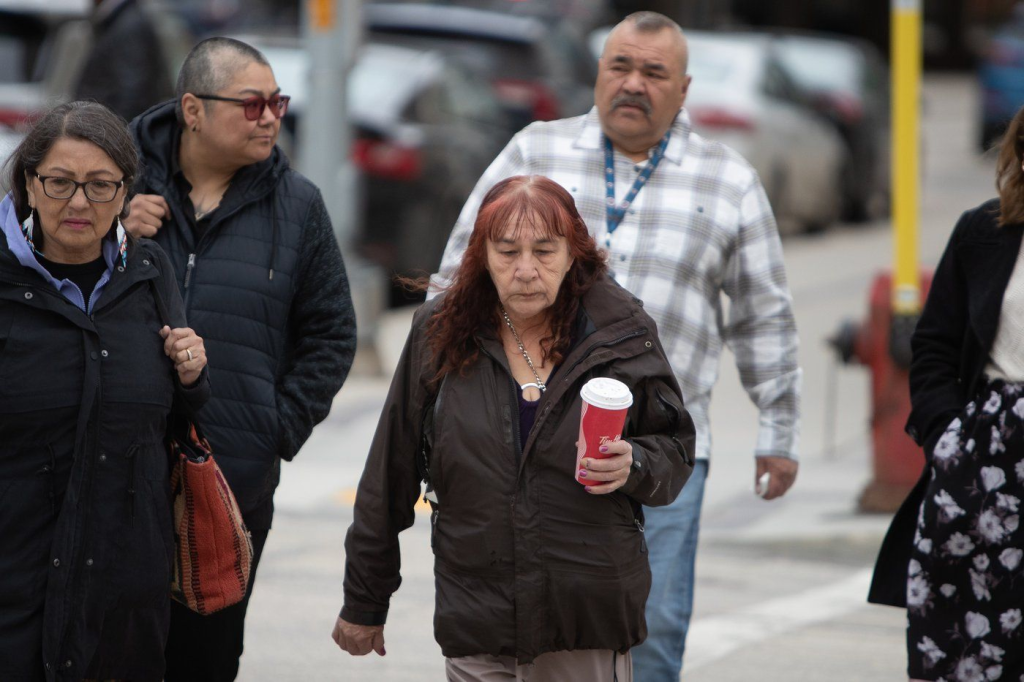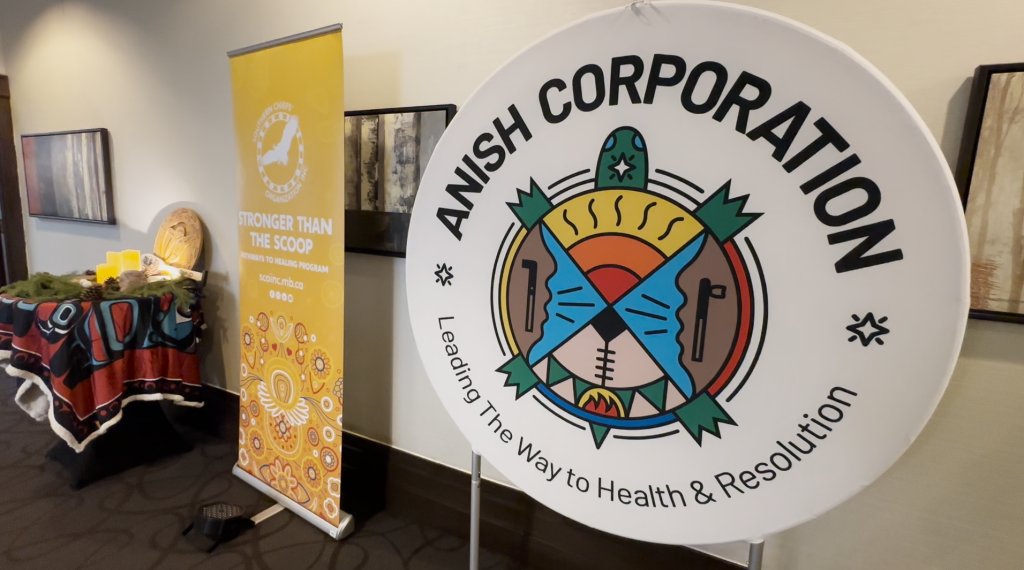Canadian filmmakers reflect on evolving industry, changing audiences
Posted April 17, 2024 2:47 pm.
Last Updated April 17, 2024 6:33 pm.
Filmmakers have always needed to adapt to a changing landscape.
And perhaps that’s truer now than ever before – from fast-developing technology to a lengthy pandemic that altered how movies are consumed.
On National Canadian Film Day, CityNews spoke to three filmmakers about how the industry has changed for them.
Sean Garrity
Filmmaker Sean Garrity, whose flicks include “The End of Sex” and “My Awkward Sexual Adventure,” says the only constant in moviemaking is change.
“Every time I do a film, technology has changed and the way that we get it out has changed, but also the stories that people are wanting to see is constantly changing,” Garrity said.
The Winnipeg director says the theatre-going audience has changed significantly in recent years.
“The pandemic, I think, took a whole punch of people out,” he said. “They were forced to stay home and watch movies for two years and a lot of them never came back.
“As new generations come in who are used to watching stuff on their phones or on a watch, we’re kind of asking ourselves, ‘how do we change what we’re doing and tell our stories in different shapes and sizes to reach that audience?’”

Garrity feels there’s another hurdle to making movies in Canada: “Canadians… we don’t really watch our own films.”
“Sometimes it’s a bit of a trick to make your film in such a way that the story and the characters seduce an audience before you show your hand and reveal yourselves as a Canadian film,” he added.
He feels many Canadians are biased against their own films, possibly through a rough start in Canadian feature-film making from the 1970s. But Garrity adds many of his films are very popular overseas in areas like China, Japan and Russia.
“Hopefully Canadian Film Day is a little celebration that puts us on the radar for some people, that would be great,” he said.
Garrity’s newest film, “The Burning Season,” comes out in theatres in May.
Kevin Settee
Emerging filmmaker Kevin Settee, whose documentary films include the four-part series “The Lake Winnipeg Project,” says he sees a new hunger for stories from new voices.
“We’re starting to see a lot more Indigenous-led productions, stories that are being led by people from the communities that they’re telling the stories in,” Settee said. “That’s the most important thing for our people, I think, is that we tell our own stories.
“There’s so much untapped potential … we’re gonna start seeing a lot of amazing, Indigenous storytellers come out of our communities.”
“The Lake Winnipeg Project” calls attention to stories of ingenuity and resilience among the Anishinaabe, Cree and Métis communities of Matheson Island, Poplar River First Nation, Fisher River Cree Nation and Camp Morningstar.
“I think that there’s a lot of potential for new stories and different types of storytelling through our communities that I think we can teach a lot of people different things from around the world,” he said.

Settee is working on a new documentary about carceral conservationism, documenting Elders and Knowledge Keepers and how they’re impacted.
“They have 80 years of experience on the land and their knowledge is basically science,” he said.
Stephanie Sy
Actress and filmmaker Stephanie Sy, who is gearing up for the second season of Arnold Schwarzenegger’s new series “Fubar,” says for her, industry change has been slow.
“As far as the progress goes, it feels like sometimes we go back and forth,” Sy said. “And I know change is slow and change has to happen slow in order for it to be sustainable and healthy. But I do feel like the priorities sometimes are not so much on the root levels of the problems, and that a lot of band-aid solutions happen and a lot of surface-solving, panic-solving happens.
“And I think that that’s something where we still have a lot of room for change and growth.”

Sy feels the biggest change in the industry has been “the acknowledgement of the fact that we need things to change.”
Looking ahead five years from today, Sy hopes to be working with people she loves, who are just as serious as she is about fostering healthy working environments.
“I’ve always just wanted to be in a position where I’m able to choose what I want to do, play fulfilling and satisfying roles in good projects with good writing,” she explained. “So these are just big dreams of mine and to be working always with people that I love and care about, who have the same kind of attitude of a healthy environment.”

Her short film “Knots,” which she directed, is about a lonely Filipino daycare worker who meets a younger version of herself, and the two share a common thread.
In addition to “Fubar,” Sy is currently working on “With Love” with Ke Huy Quan.
National Canadian Film Day has events and showings across Canada and internationally.








